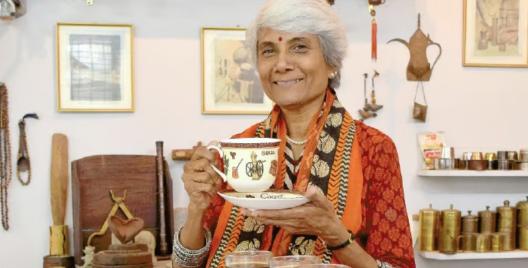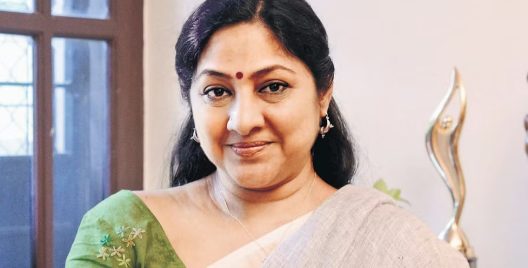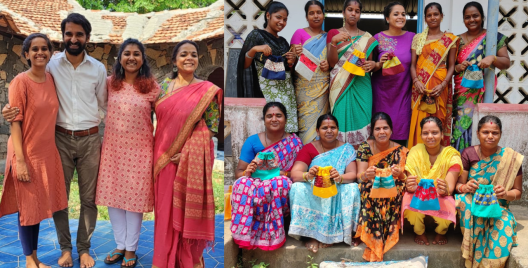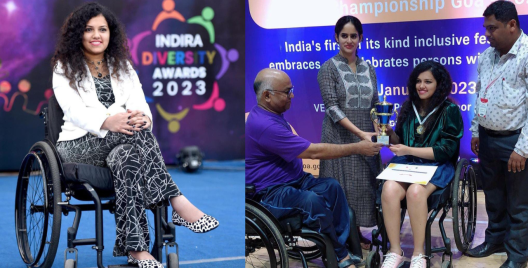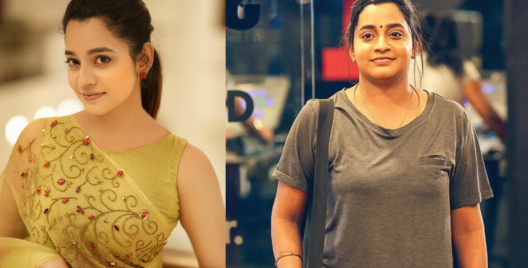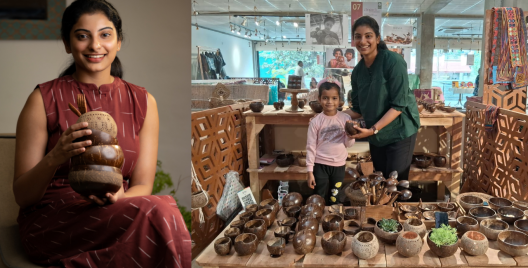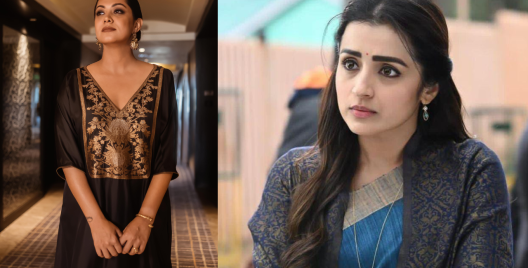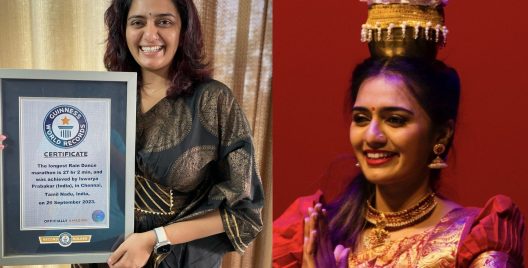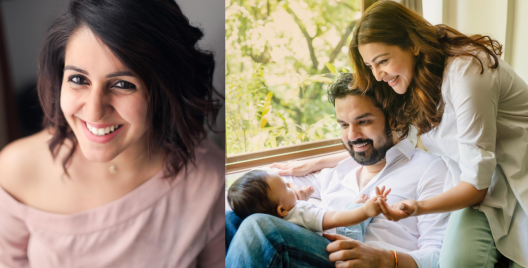By Padma Venkatraman.
Quote Pull out: “Having a child with Autism or any disorder is akin to owning a designer outfit – high maintenance. It is not one to hide, but one to flaunt and take extra care of.”
How did the journey begin for you?
We came back to India from the UK when Varun (son with Autism) was about nine-years-old. I realised there is no support system here for him. No schools accepted him, nobody wanted to play with him, social stigma surrounded us. That is when I decided to take matters into my own hands. I quit my well-paying job and set up Ananya Learning Centre, for Varun and children like him. It has been 12 years now and we have about a 100 children come in for therapies – speech & language therapy, occupational therapy, autism therapy, ADHD and the likes.
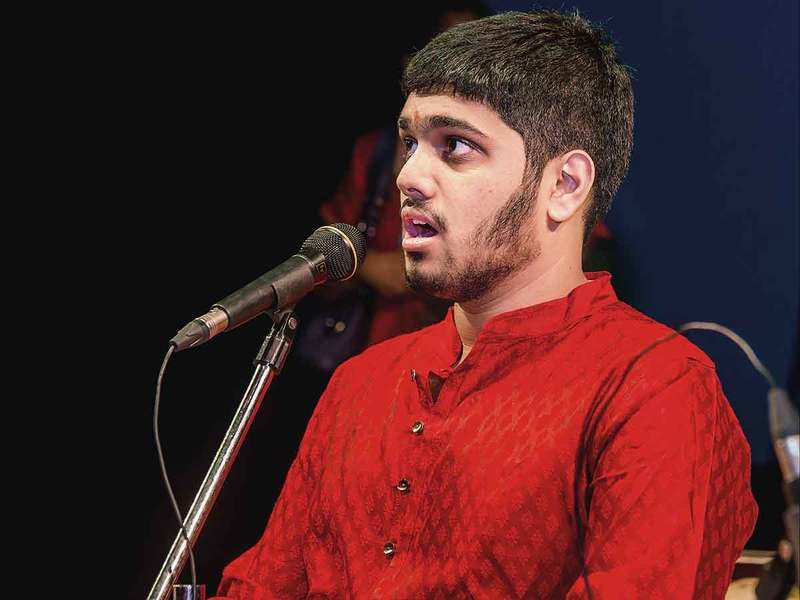
What are the challenges you face in your field of work?
The biggest hindrance is lack of awareness, even among doctors! Medical professionals have a wait-and-watch approach which just has to stop. My son wouldn’t speak even when he turned three, and doctors continued to ask me to wait. It is a shame that in India, doctors are trained to only diagnose and treat curable diseases and conditions. For everything else, it is a wait-and-watch or simply not worth their time and effort. It is rubbish that girls speak sooner and boys speak later. If there is a delay, get a screening done.
What is the biggest misconception about Autism?
Autism is not a disease, it is only a condition. So don’t be sorry about it. Also, the condition does not define a person. My child is a human being first, a loving son, a singer and many other things, and then someone with Autism.
What can the society do to accommodate people on the autism spectrum, to make it more inclusive and accepting?
Acknowledge them, treat them with respect and as human beings. Give them too the opportunities you give others. What is ‘normal’ after all? The only difference is that Autism makes them pure and naive. They are truthful from their heart, love unconditionally and cannot process deceit. So ideally, they are perfect, our normal is not.
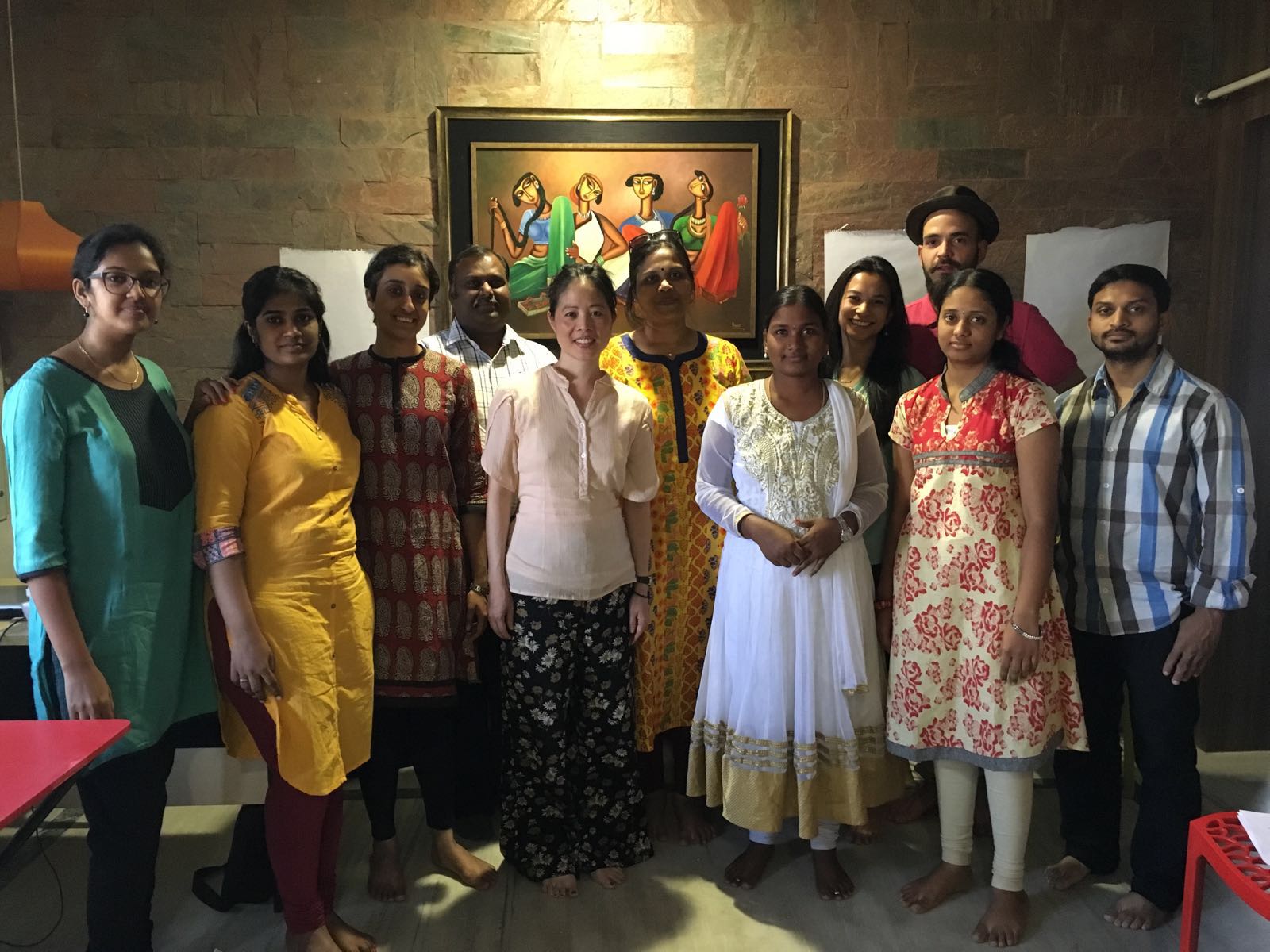
What kind of future awaits a child with Autism in today’s times? What do you envision it to be?
The scene is still pretty disheartening. There are no vocational training centres, no job opportunities, no different examinations… Even though there is small group of people who are coming out and, at least, accepting the condition, it is still considered a stigma to have a girl child with Autism. Irrespective of gender, I envision a future with equal opportunities.
How has your experience been as a woman in the social change sector?
It is not easy being a woman in this sector. I am a mother of a child with Autism. I am in another minority that I am a woman. However, I have played it to my advantage as I tend to get a lot of attention on how doubly-deprived I am as a “mother of a child with Autism.” That’s a title I now love to flash. And why not, if I can get people to listen to me!
In my field of work, I face a lot of pushback from fathers of children with Autism. They tend to take it on their ego and the patriarchal control systems come into play. I am often asked to show proof of diagnosis, something never demanded of doctors. But motherly instincts can never go wrong; they are supportive. This is also the reason why I believe women will do well in the social change sector. Their missions stem from deep-rooted personal experiences which lend to focus and definitive success.
What is your take on Autism as presented in films?
Though films are a great medium to spread awareness, Bollywood tends to add its usual mix of masala, diluting the message, like in My Name Is Khan. Shah Rukh Khan’s portrayal of a person with Autism was quite accurate, but it was a Karan Johar film after all. Our filmmakers can learn a lot from Hollywood, from films such as Rainman and Temple Grande where the delivery of the message is clear. The characters stay with you forever, without stereotyping their conditions. I always say, when you meet a person with Autism, you have met just one person with Autism. The subject is that vast.





